On June 14, in Ho Chi Minh City, the Department of E-commerce and Digital Economy ( Ministry of Industry and Trade ) officially launched the Digital Transformation Program for Traditional Market Traders. The event took place within the framework of the Cashless Day 2025 program. Member of the Party Central Committee, Deputy Prime Minister Ho Duc Phoc attended and directed the event.
Speaking at the event, Ms. Le Hoang Oanh - Director of the Department of E-commerce and Digital Economy (Ministry of Industry and Trade) affirmed that digital payment is the foundation for promoting e-commerce and the digital economy. In the strong digitalization trend, the use of non-cash payment methods will help small traders expand their markets, connect with more customers and increase business efficiency.
According to the National E-commerce Development Master Plan for the 2026-2030 period, Vietnam aims to achieve a cashless payment rate of 80% by 2030. To realize this goal, in addition to perfecting policies, it is necessary to promote the application of payment methods via mobile devices such as QR Code, e-wallet, contactless payment, etc. In particular, traditional markets and small traders are important forces that need to be supported to transform to ensure balanced development between regions.
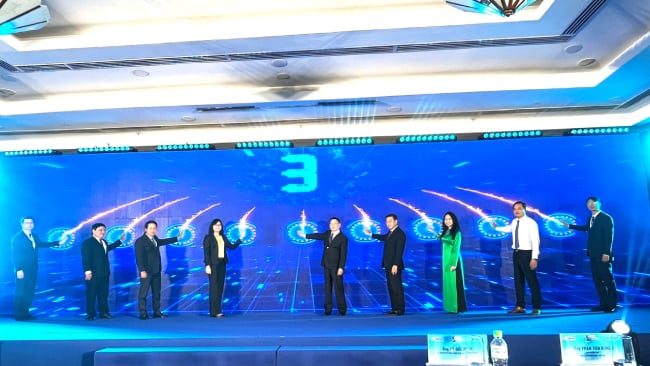
The Digital Transformation Program for Traditional Market Traders will focus on four main activities: training in digital skills and e-commerce for traders; providing easy-to-use, low-cost technology solutions; organizing digital transformation fairs, technology demonstrations and practical guidance; building a digital transformation community, supporting experience sharing and answering questions during the implementation process.
In her speech, Deputy Minister of Industry and Trade Phan Thi Thang said that digitizing business models at traditional markets is a necessary step to realize the strategy of developing e-commerce and the digital economy. Technology not only helps small traders improve their competitiveness and reduce costs, but also expand product consumption channels, especially local specialties.
The Deputy Minister emphasized that the program needs to focus on two pillars: raising public awareness and developing digital infrastructure in traditional markets; training on-site digital skills for small traders, helping them master technology and effectively manage their work.

In addition, it is necessary to develop national e-commerce platforms connecting small traders with domestic and international markets. At the same time, promote cooperation with banks, financial institutions and technology units to support mobile payments, e-wallets, QR Codes, helping small traders reduce costs and simplify transaction processes.
The Department of E-commerce and Digital Economy is also assigned to coordinate with localities and technology enterprises to develop digital ecosystems in traditional markets, especially in areas with limited infrastructure.
At the event, the Ministry of Industry and Trade also announced the “Digital Transformation Guide for Traditional Market Traders” at https://sotay.tieuthuongvietnam.vn. This will be a regularly updated guide to support traders in the process of digitizing their business models.
The program is expected to help small traders improve their business capacity, integrate and develop with the digital transformation "flow" of the national digital economy. The practical activities introduced in this program will create favorable conditions for small traders to improve business efficiency, thereby integrating and developing in the modern digital economy.
Source: https://doanhnghiepvn.vn/chuyen-doi-so/kinh-te-so/chuyen-doi-so-tieu-thuong-cho-truyen-thong-tren-quy-mo-toan-quoc/20250614122043095



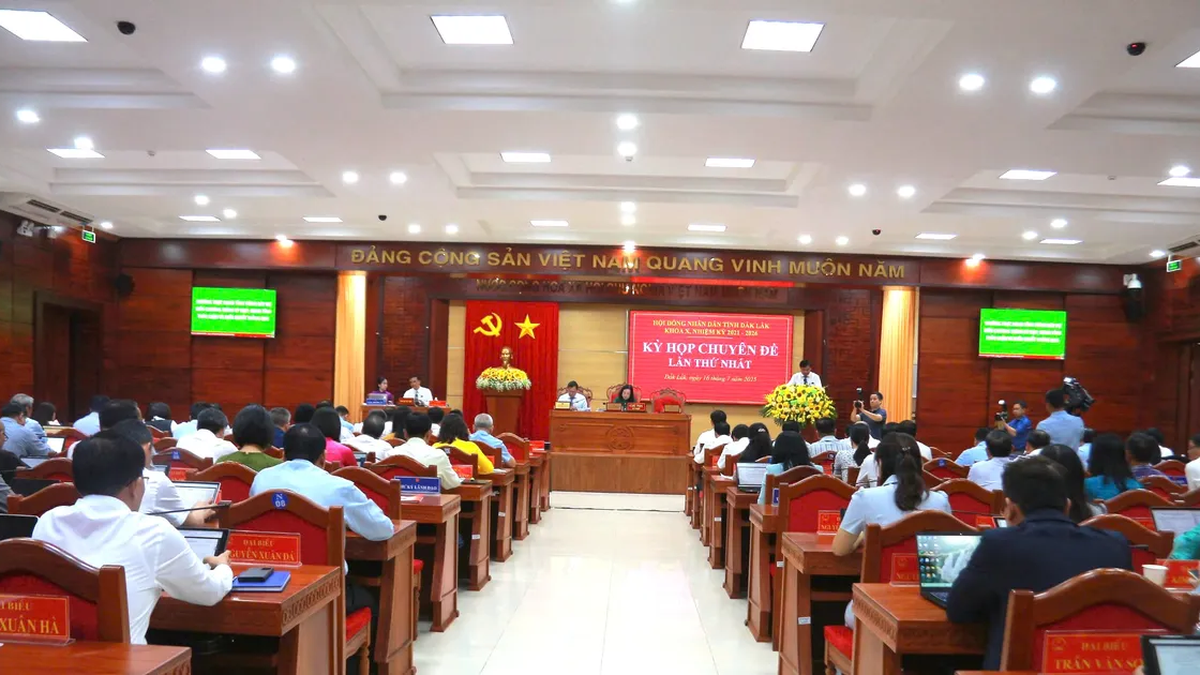
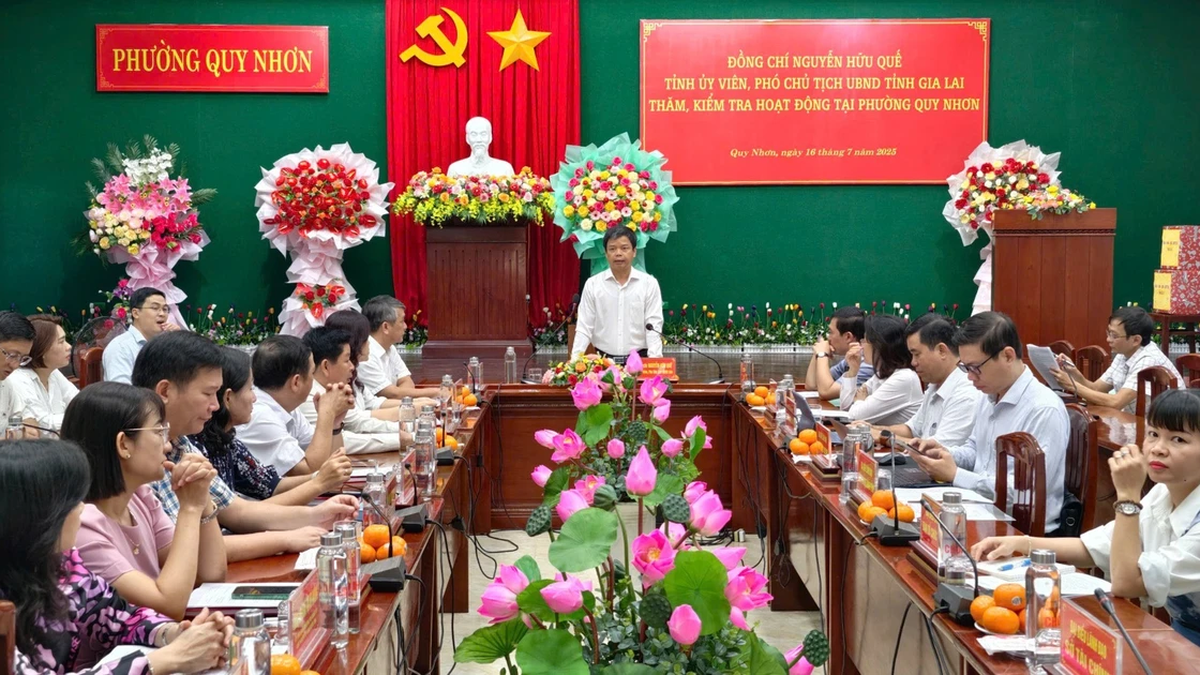

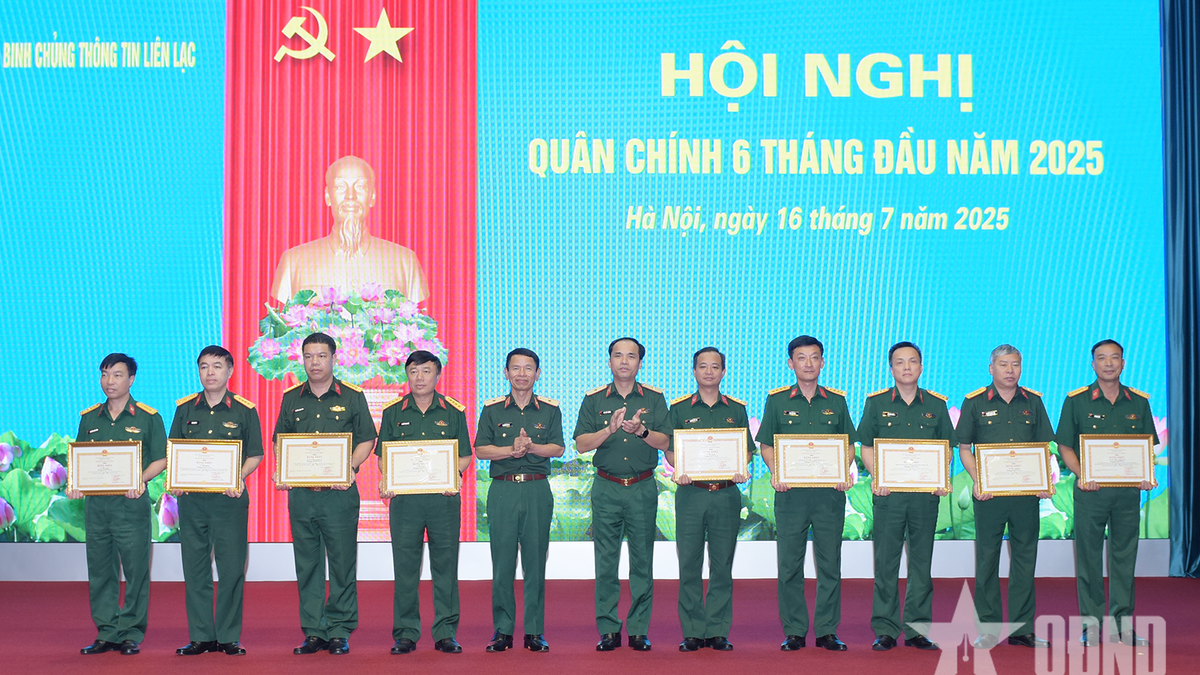
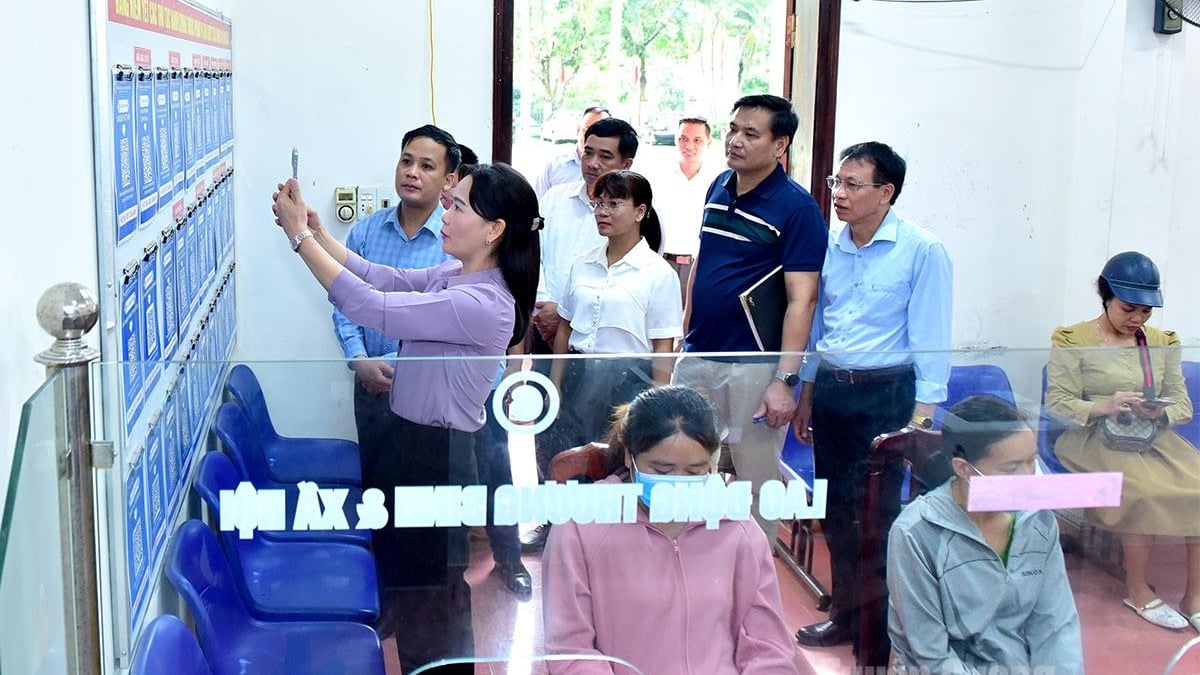


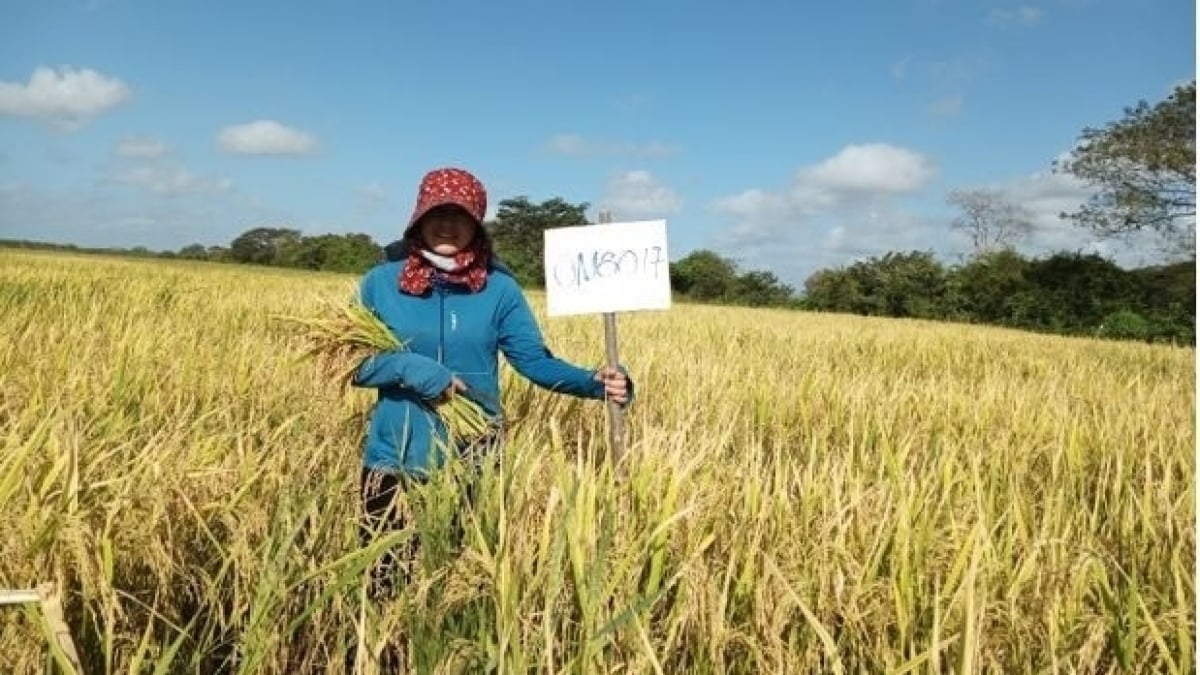




































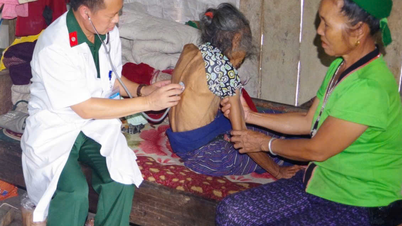








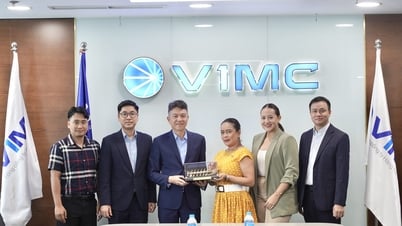




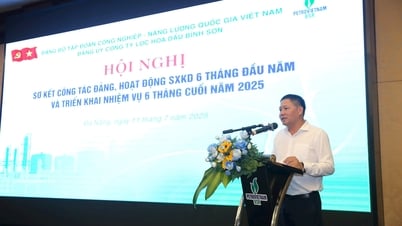

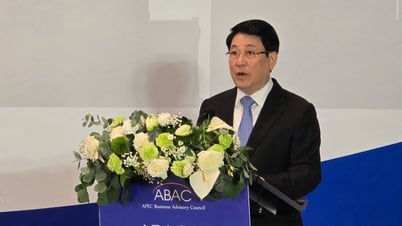




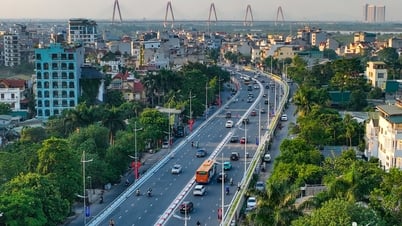



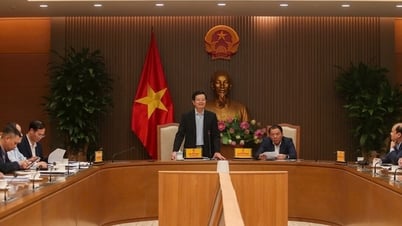


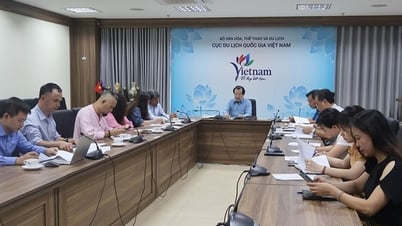

























Comment (0)